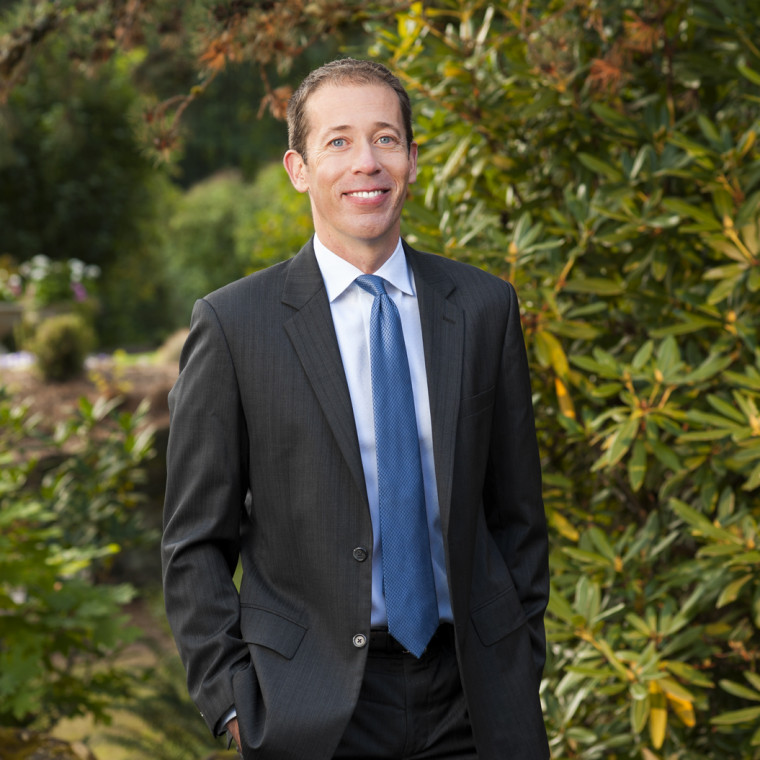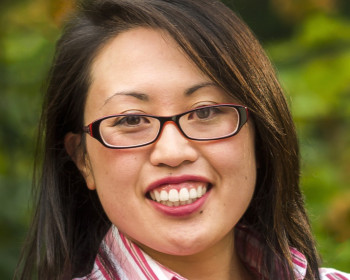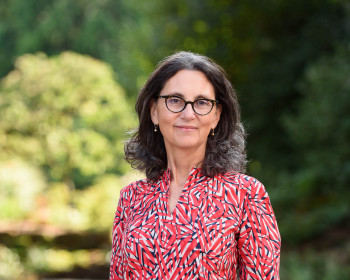What Might Have Been
Open gallery

Dean of the College Bruce Suttmeier has been awarded a 2020-21 Japan Foundation Short-term Research Fellowship award in support of his project, “What Might Have Been: Counterfactuals in Japanese History and Memory”. These highly competitive fellowships support scholars and researchers in the humanities or social sciences who need to conduct intensive research in Japan for 21-59 days.
Dr. Suttmeier’s recent work focuses on counterfactualism in Japan. The counterfactual genre is different from revisionist history—it explicitly asks readers to consider the possible consequences of an admittedly false conditional. To date the scholarship on counterfactualism in Japan, including an essay published by Dr. Suttmeier in 2018, has focused on fictional contributions to the genre. This current project extends this focus to the writing of history, asking how Japanese historians have employed contingency in their explorations of the past. In particular, Dr. Suttmeier will examine the work of historian Hata Ikuhiko, an influential scholar central to postwar Japan’s most contentious historical debates. Japan Foundation support will allow Dr. Suttmeier to spend time in Tokyo (originally scheduled for this summer) to access Waseda University’s extensive collection of Hata’s work, as well as the responses, recorded in newspapers and periodicals, of his interlocutors in these debates. This research will culminate in an article, which will ultimately become part of a larger monograph on the counterfactual genre in postwar Japan. More information about Dr. Suttmeier’s research is available here.
Please join SPARC in congratulating Bruce on his continued success in securing competitive external funding for his scholarship. It is worth noting that this is his second grant to support this line of research, following an American Philosophical Society award in 2019.
More Sponsored Projects and Research Compliance Office (SPARC) Stories
Sponsored Projects and Research Compliance is located in room 208 of Albany on the Undergraduate Campus.
MSC: 47
email sponsres@lclark.edu
voice 503-768-7211
SPARC uses a team email, so please email sponsres@lclark.edu
with questions or if we can be of assistance.
Assistant Vice President
Kelly L. DelFatti, CRA
503-768-7211
delfatti@lclark.edu
Research Administrator
Jessica Sweeney, MA
503-768-7193
jessicasweeney@lclark.edu
Sponsored Projects and Research Compliance
Lewis & Clark
615 S. Palatine Hill Road MSC 47
Portland OR 97219

